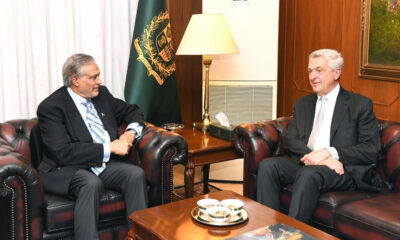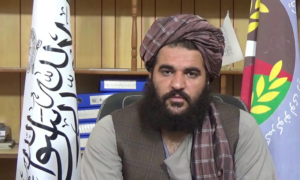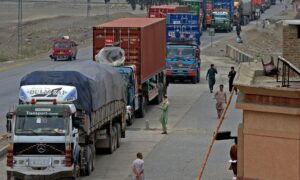Business
Experts say Europe faces ‘unprecedented risk’ of a gas shortage

Europe faces “unprecedented risks” to its natural gas supplies this winter after Russia cut off most pipeline shipments, the International Energy Agency said Monday, warning that European nations could wind up competing with Asia for already scarce and expensive liquid gas that comes by ship.
The Paris-based IEA said in its quarterly gas report that the European Union’s 27 countries would need to reduce natural gas use by 13% over the winter in case of a complete Russian cutoff amid the war in Ukraine. Much of that cutback would have to come from consumer behavior such as turning down thermostats by 1 degree and adjusting boiler temperatures as well as industrial and utility conservation, the group said, AP reported.
The EU on Friday agreed to mandate a reduction in electricity consumption by at least 5% during peak price hours.
Just a trickle of Russian gas is still arriving in pipelines through Ukraine to Slovakia and across the Black Sea through Turkey to Bulgaria. Two other routes, under the Baltic Sea to Germany and through Belarus and Poland, have shut down.
Another hazard highlighted by the study was a late winter cold snap, which would be particularly challenging because underground gas reserves flow more slowly at the end of the season due to less gas and lower pressure in the storage caverns. The EU has already filled storage to 88%, ahead of its goal of 80% before winter. The IEA assumed 90% would be needed in its Russian gas cutoff scenario.
Businesses in Europe have already cut back natural gas use, sometimes simply by abandoning energy-intensive activity such as making steel and fertilizer, while smaller businesses like bakeries are feeling a severe crimp in their costs.
High prices for natural gas, which is used for heating homes, generating electricity and a host of industrial processes, are fueling record consumer inflation of 10% in the 19 EU nations that use the shared euro currency. The high energy prices are sapping so much consumer purchasing power that economists predict a recession at the end of this year and the beginning of next.
European governments and utilities have made up much of the Russian shortfall by purchasing expensive supplies of liquefied natural gas, or LNG, that comes by ship from countries such as the U.S. and Qatar and by obtaining increased pipeline supplies from Norway and Azerbaijan.
The goal is to prevent storage levels from falling so far that governments must ration gas to businesses. Gas storage must remain above 33% for a secure winter, according to the IEA, while levels below that risk shortages if there’s a late cold snap.
Lower levels also would make it harder for Europe to refill storage next summer, while higher reserves from conservation would help lower extremely high energy prices.
French Prime Minister Élisabeth Borne on Monday played down concerns of gas shortages, saying her country has diversified its supplies and stocked up “to the maximum.”
“We are ready to face this winter,” she told France’s lower house of parliament. Reiterating her government’s drive for energy saving, Borne added there are no risks of energy cuts in coming months “if everyone plays their part.”
European leaders say the cutback in Russian gas is energy blackmail aimed at pressuring governments over their support for Ukraine and sanctions against Moscow.
Since Russia halted gas flows this month through the Nord Stream 1 pipeline running under the Baltic Sea to Germany, it and the parallel Nord Stream 2 — built but never operated after Germany refused to certify it — were damaged in underwater explosions that European governments say are sabotage.
Demand for liquefied gas has driven up prices and tightened supply to the extent that poorer countries in Asia cannot afford it. Bangladesh is experiencing widespread power blackouts, while Pakistan faces rolling blackouts and has introduced reduced working hours so shops and factories can save electricity.
“Inter-regional competition in LNG procurement may create further tensions, as additional European needs would put more pressure on other buyers, especially in Asia, and conversely cold spells in Northeast Asia could limit Europe’s access to LNG,” the agency said.
The gas crisis in Europe has also deprived Asian countries of the limited number of floating regasification terminals, which were expected to play a major role in LNG imports in Southeast Asia. Europe has secured 12 of the vessels and plans another nine.
Business
$23 million pharmaceutical company opens in Kabul
The Islamic Emirate officials also stated that while they fully cooperate with pharmaceutical companies, these manufacturers need to produce drugs that meet international standards.
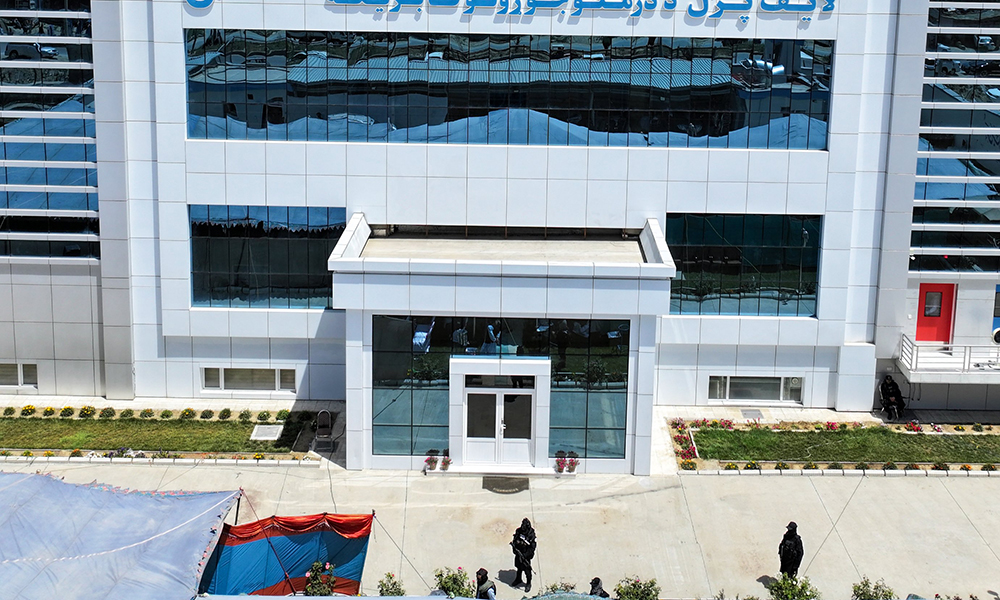
A new pharmaceutical company, costing $20 million, was officially opened on Thursday in Kabul in the presence of Islamic Emirate leaders, including Deputy Prime Minister for Economic Affairs Mullah Abdul Ghani Baradar.
The new company will reportedly manufacture 50 different types of drugs once fully operational.
Addressing the launch ceremony on Thursday, Baradar outlined the importance of quality in terms of pharmaceuticals and said poor-quality drugs threaten lives while good-quality medicines can save lives.
Baradar also pointed out that more manufacturing companies like this will help grow the country’s economy.
He once again called on investors, both in the country and abroad, to help in the reconstruction and development of the country and start businesses. He also said the way has been paved for them to invest and that they should make use of the opportunities available.
Health officials meanwhile said that currently there are 77 pharmaceutical companies in the country and that serious efforts are being made to make the country self-sufficient in this regard.
The Islamic Emirate officials also stated that while they fully cooperate with pharmaceutical companies, these manufacturers need to produce drugs that meet international standards.
Related Stories:
New medicines manufacturing company established in Nangarhar
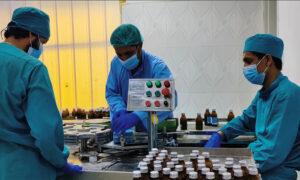
Kandahar officials inaugurate $50 million pharmaceutical company
Business
Sugar exports to Afghanistan resume after four year break
Islamabad banned the export of sugar to Afghanistan four years ago to address shortages and control prices in the country.
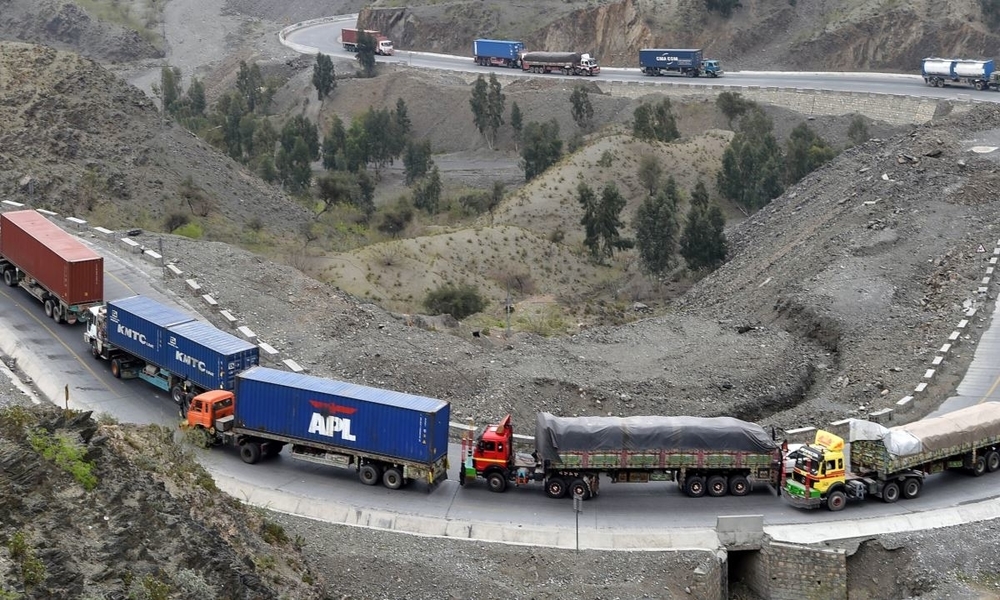
Sugar exports from Pakistan to Afghanistan resumed this week after a four-year suspension, with over 400 vehicles crossing the Torkham border in the last four days.
According to Pakistan sources, Islamabad recently agreed to the export of 150,000 tons of sugar to Afghanistan, setting an August 15 deadline for the completion of the shipment process.
Customs clearing agents at Torkham said around 100 vehicles, each carrying 33 tons of sugar, crossed into Afghanistan four days ago and more thereafter.
Islamabad banned the export of sugar to Afghanistan four years ago to address shortages and control prices in the country.
Related Stories:
Volume of imports from Pakistan has declined: official
Import, export volumes total $7.5 billion in 1st nine months of this solar year
Business
Chinese keen on investing in Afghanistan’s solar power sector
At the same time, the deputy minister welcomed their interest and stated that Afghanistan is a place of opportunities for investment and that the ministry is ready to cooperate.
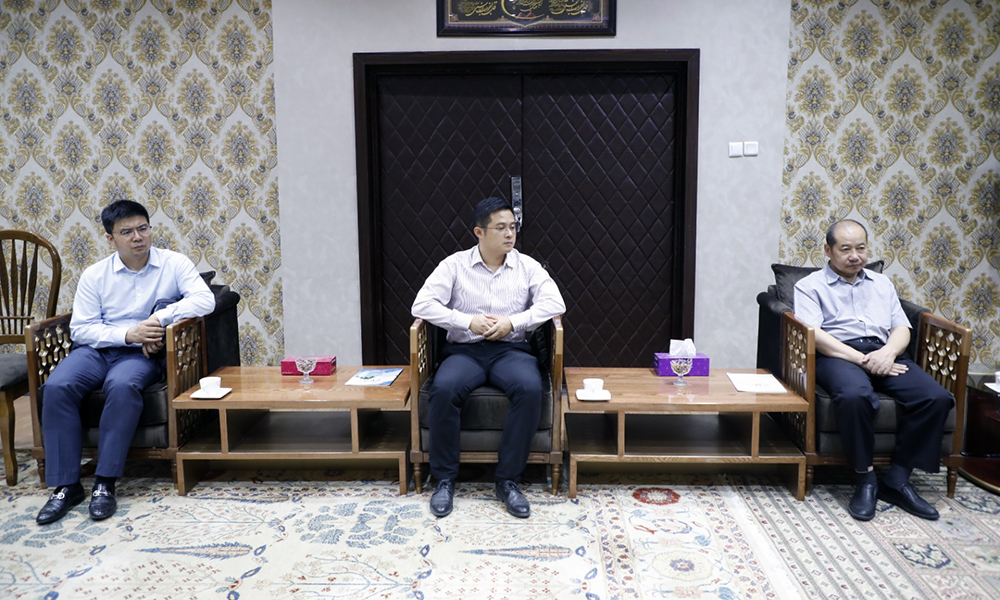
The Ministry of Industry and Commerce says that Ahmadullah Zahid, deputy minister, met with a number of Chinese investors in his office on Tuesday.
According to a statement issued by the ministry, Ehsanullah Shahab, the head of special economic zones, was also present in this meeting, where investors from China expressed their interest in investing in solar power generation and agriculture technology sectors.
At the same time, the deputy minister welcomed their interest and stated that Afghanistan is a place of opportunities for investment and that the ministry is ready to cooperate.
Related Stories:
Chinese keen to invest in Panjshir-Kabul water conduit project
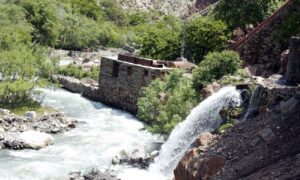
120 Chinese companies held investment talks with IEA since takeover
-

 Sport4 days ago
Sport4 days agoOlympics finally here; What you need to know
-

 Latest News5 days ago
Latest News5 days agoOCHA reports 110 die in landmine explosions in Afghanistan every month
-

 Regional5 days ago
Regional5 days agoChina braces for twin tropical cyclones after deadly flash floods
-

 World5 days ago
World5 days agoBiden ends failing reelection campaign, backs Harris as nominee
-

 Health4 days ago
Health4 days agoHealth partners provide services 589,205 people in Afghanistan in last month
-

 Latest News3 days ago
Latest News3 days agoAfghanistan’s Hajj ministry confirms death of 27 pilgrims in Mecca and Medina
-

 Business4 days ago
Business4 days agoConference on Islamic microfinance kicks off in Kabul
-

 Sport4 days ago
Sport4 days agoACB proposes ODI fixtures against top-tiered teams












